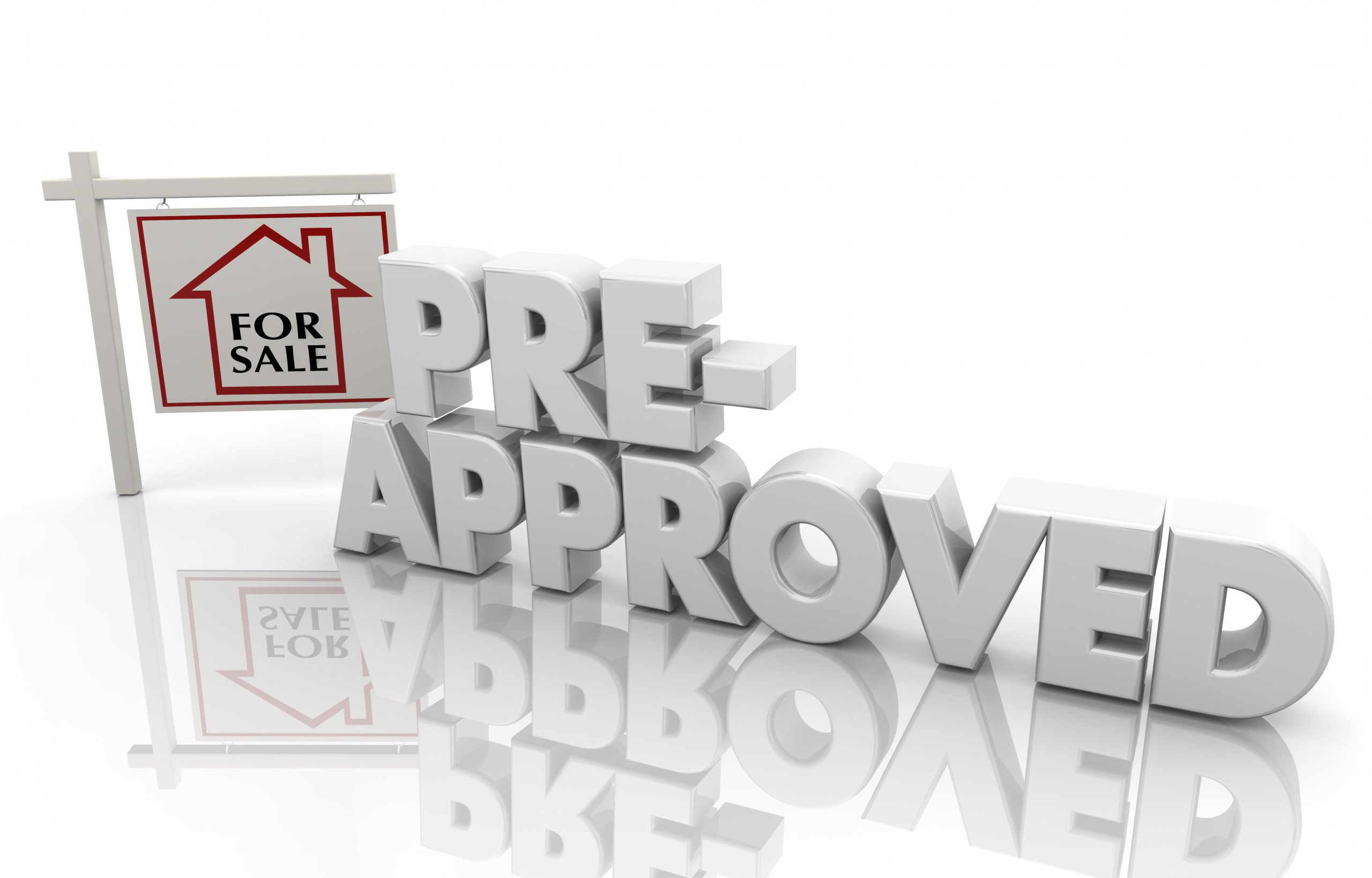Buying a home is one of the biggest financial decisions you’ll ever make—and while it’s…
Understanding the Costs of Refinancing Your Mortgage | Rapid Home Loan
Refinancing your mortgage can be a smart financial move—whether you’re lowering your interest rate, shortening your loan term, or cashing out equity. But before you jump in, it’s essential to understand that refinancing isn’t free.
At Rapid Home Loan, our goal is to make sure you’re fully informed about every step of the mortgage process, including the true costs of refinancing. Here’s what you need to know before making your move.
💡 What Is Mortgage Refinancing?
Refinancing means replacing your current home loan with a new mortgage, ideally one that offers better terms. Homeowners often refinance to:
-
Get a lower interest rate
-
Change from an adjustable-rate to a fixed-rate loan (or vice versa)
-
Reduce monthly payments
-
Shorten or extend their loan term
-
Tap into home equity with a cash-out refinance
While refinancing can offer major benefits, it’s important to look at the upfront and ongoing costs.
💵 Common Costs of Refinancing
1. Loan Origination Fee
This fee, typically 0.5% to 1% of your loan amount, is charged by the lender for processing your new loan.
2. Appraisal Fee
Lenders often require a new home appraisal to confirm the current market value of your property. This usually costs between $300 and $600.
3. Credit Report Fee
To check your credit history, lenders may charge a credit report fee (usually around $25 to $50).
4. Title Insurance & Title Search
You’ll need to update your title insurance policy and have a new title search conducted. This protects both you and the lender from title-related issues. Expect to pay $400 to $900, depending on your location.
5. Recording Fees
Local governments charge fees to record your new mortgage and release the old one. These fees typically run $25 to $250.
6. Attorney Fees (if applicable)
In some states, attorney involvement is required in real estate transactions. This can range from $500 to $1,500 depending on the complexity.
7. Prepaid Interest
Depending on your closing date, you may owe prepaid interest for the period between your closing and the first mortgage payment.
8. Escrow Fees and Taxes
If you’re setting up a new escrow account, you’ll likely prepay some property taxes and homeowners insurance. These are not technically “fees,” but they do add to your out-of-pocket costs.
🧾 Typical Total Cost of Refinancing
In general, refinancing costs range between 2% to 6% of your loan amount. For example:
-
On a $300,000 mortgage, you might pay between $6,000 and $18,000 in total refinance costs.
However, Rapid Home Loan works hard to help minimize these expenses through competitive rates, fee transparency, and access to low-cost refinance options.
🔍 Can You Roll Costs Into Your Loan?
Yes! In many cases, you can choose to roll your closing costs into the new loan—meaning you won’t pay them upfront. But keep in mind that this increases your loan balance and could cost more in interest over time.
We’ll help you determine if this is a smart option based on your financial goals.
💬 Is Refinancing Worth It?
Refinancing is worth it if the long-term savings outweigh the upfront costs. A common rule of thumb is: if you can lower your rate by at least 0.75% to 1%, it may make financial sense.
That said, the best way to decide is to do the math—and Rapid Home Loan is here to help. We’ll run the numbers for you with no obligation.





